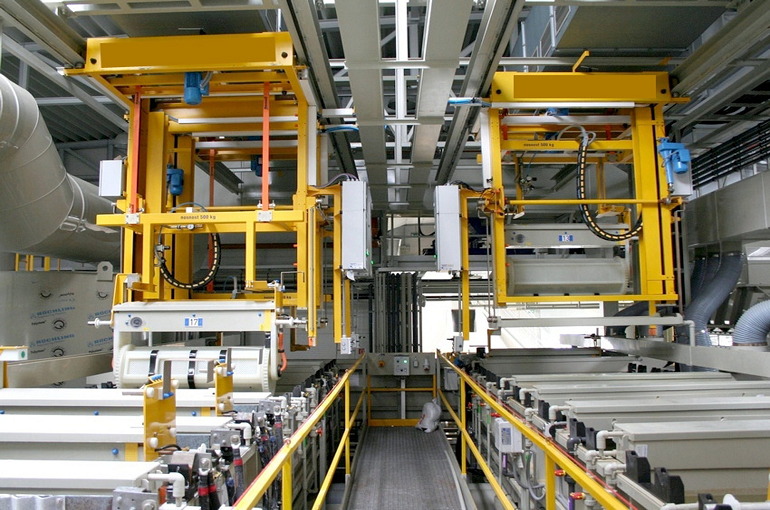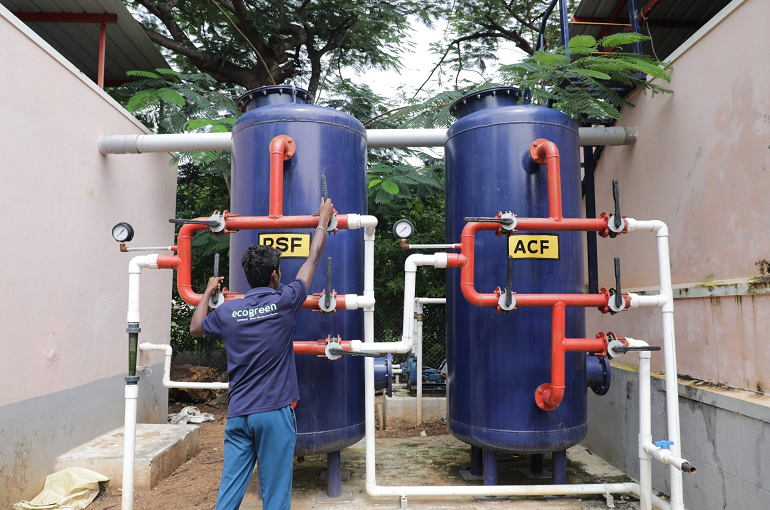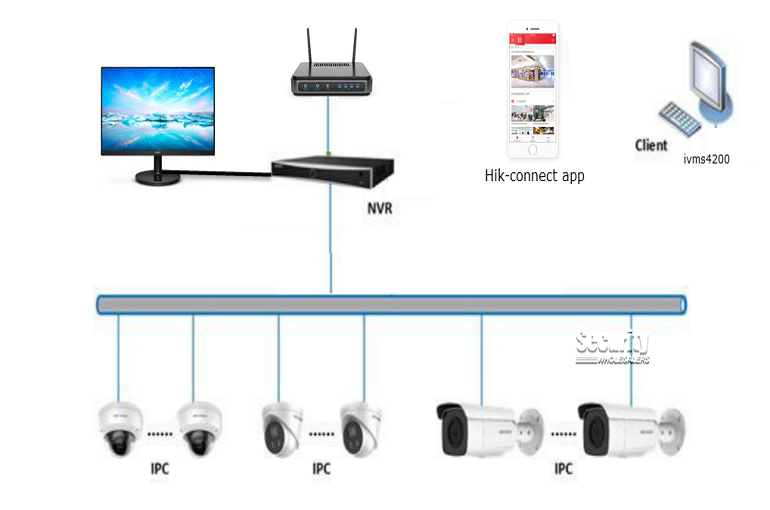The water pipeline network is an essential and intricate system that ensures the delivery of clean and safe water to homes, businesses, and industries. This network consists of a vast network of pipes, pumps, valves, and other infrastructure that work together to transport water from its source to its destination.
One of the primary functions of the water pipeline network is to provide reliable access to clean drinking water. This is vital for public health, as waterborne diseases can spread quickly without proper sanitation and access to clean water. The network also plays a crucial role in supporting agriculture, industry, and recreation by providing water for irrigation, manufacturing processes, and recreational activities.
Maintaining and upgrading the water pipeline network is crucial to ensuring its continued functionality and efficiency. Regular inspections, repairs, and replacements of aging infrastructure are necessary to prevent leaks, breaks, and contamination of the water supply. Investing in modern technologies and practices can also help improve the network's performance and sustainability.
In conclusion, the water pipeline network is a critical component of modern society that provides essential services to communities around the world. By ensuring the proper maintenance and upgrading of this network, we can continue to enjoy clean and safe water for generations to come.

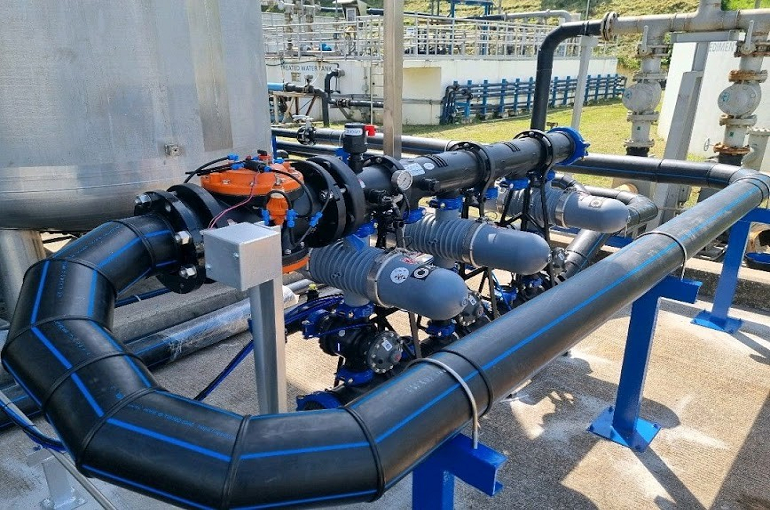
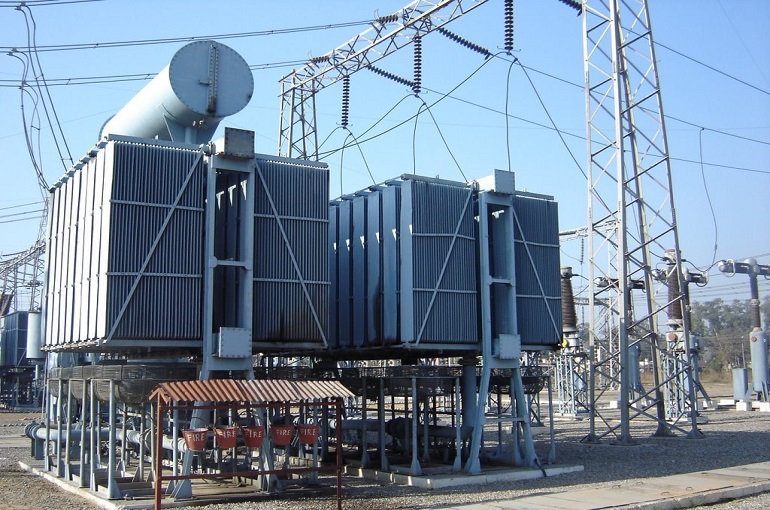
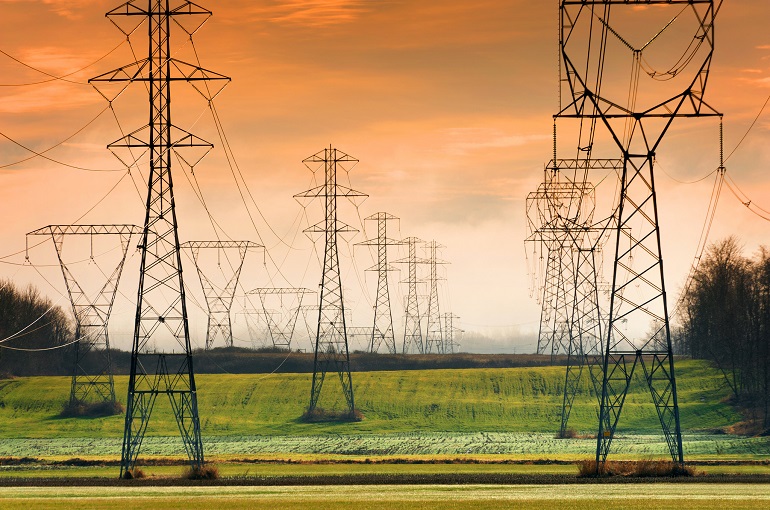




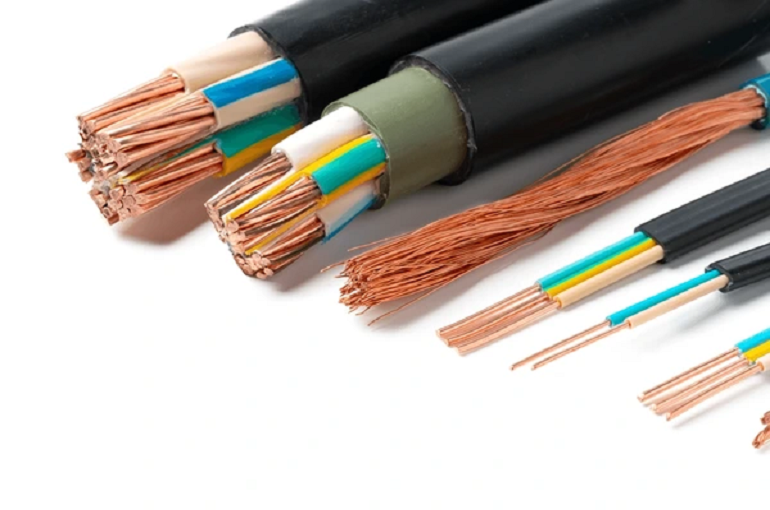
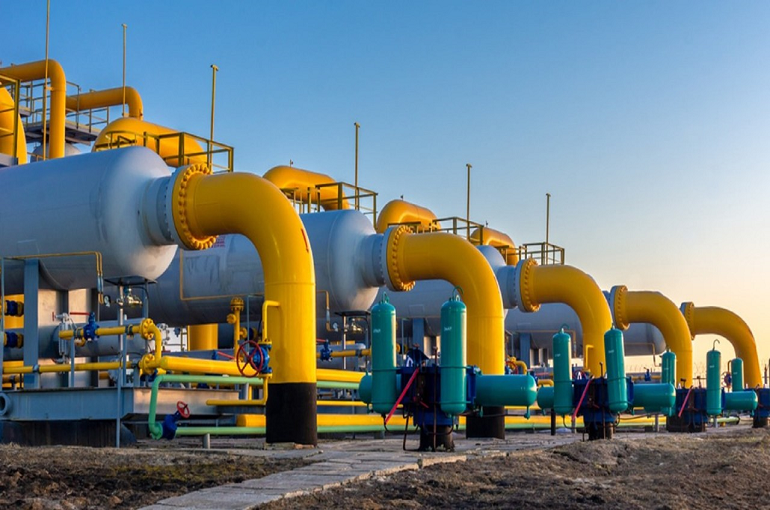
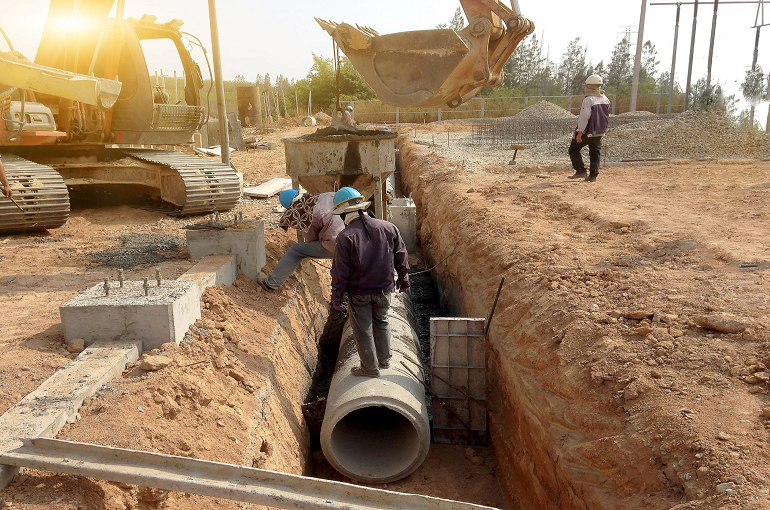
.png)
